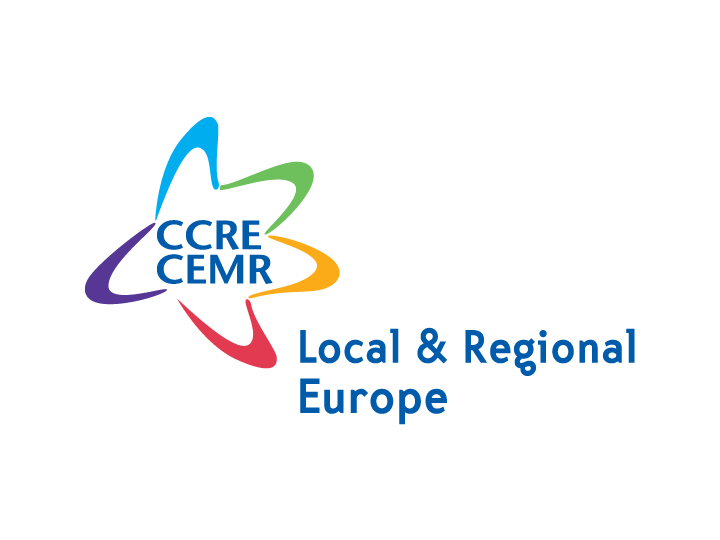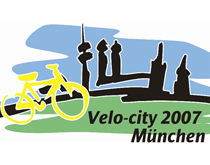Social dialogue: migrants require better access to employment in local and regional government sector
This conclusion was reached at the occasion of a social dialogue webinar (online workshop) on migration and mobility within local and regional government administration, held on 28 June 2012. Participants underlined the need to explore ways in which to promote further action at the local, regional and national levels. Suggestions included a European level joint statement issued by the European Social Dialogue Committee on positive measures and policies led by social partners* to recruit and retain migrant workers.
What solutions?
The Cities for Local Integration Policies for Migrants (CLIP) network’s diversity research module was used as a basis for recommendations to promote equality and diversity during the webinar, both in terms of employment and service provision. These include implementing positive action rather than positive discrimination, such as targeted job advertisements in migrants’ native tongue, and reviewing recruitment procedures and barriers to employment, as requirements can sometimes be disproportionate to the job in question. Offering training on diversity management and equality practice, consulting with migrants and encouraging their participation in order to better shape policies, and ensuring that new migrants gain easy access to information, advice and language classes are also among the recommendations of the CLIP project.
What actions on the ground?
Webinar participants from Denmark and Norway highlighted that, in these times of crisis, migrant workers were not the ones losing their jobs as they tend to occupy more manual or low-skilled jobs. The Norwegians added that most migrants do not enter the labour market based on their competences and qualifications. Thus, Norwegian municipalities have been tackling this issue notably via various training sessions and opportunities.
The workshop was held in the framework of the social dialogue project on “The future of the workplace: providing quality jobs, modern and sustainable workplaces in local and regional government”. The project is headed by the Council of European Municipalities and Regions (CEMR) and the European Federation of Public Service Unions (EPSU).
The next and final workshop is to discuss well-being and sustainable workplaces and will be held on 12 September 2012 in Brussels, Belgium. The final conference of the social dialogue project is to be held on 15 October 2012 in Prague, the Czech Republic, with the aim of finding sustainable solutions to anticipate change and modernise the local and regional government sector as a workplace.
* Social partners refer to employer representatives and trade unions.
1st workshop on alternative funding mechanisms for the local and regional government sector
2nd workshop on recruitment and retention with a special focus on youth and elderly employment
3rd workshop on lifelong learning, training and skills development
rn

Climate, Sustainable Finance Officer





